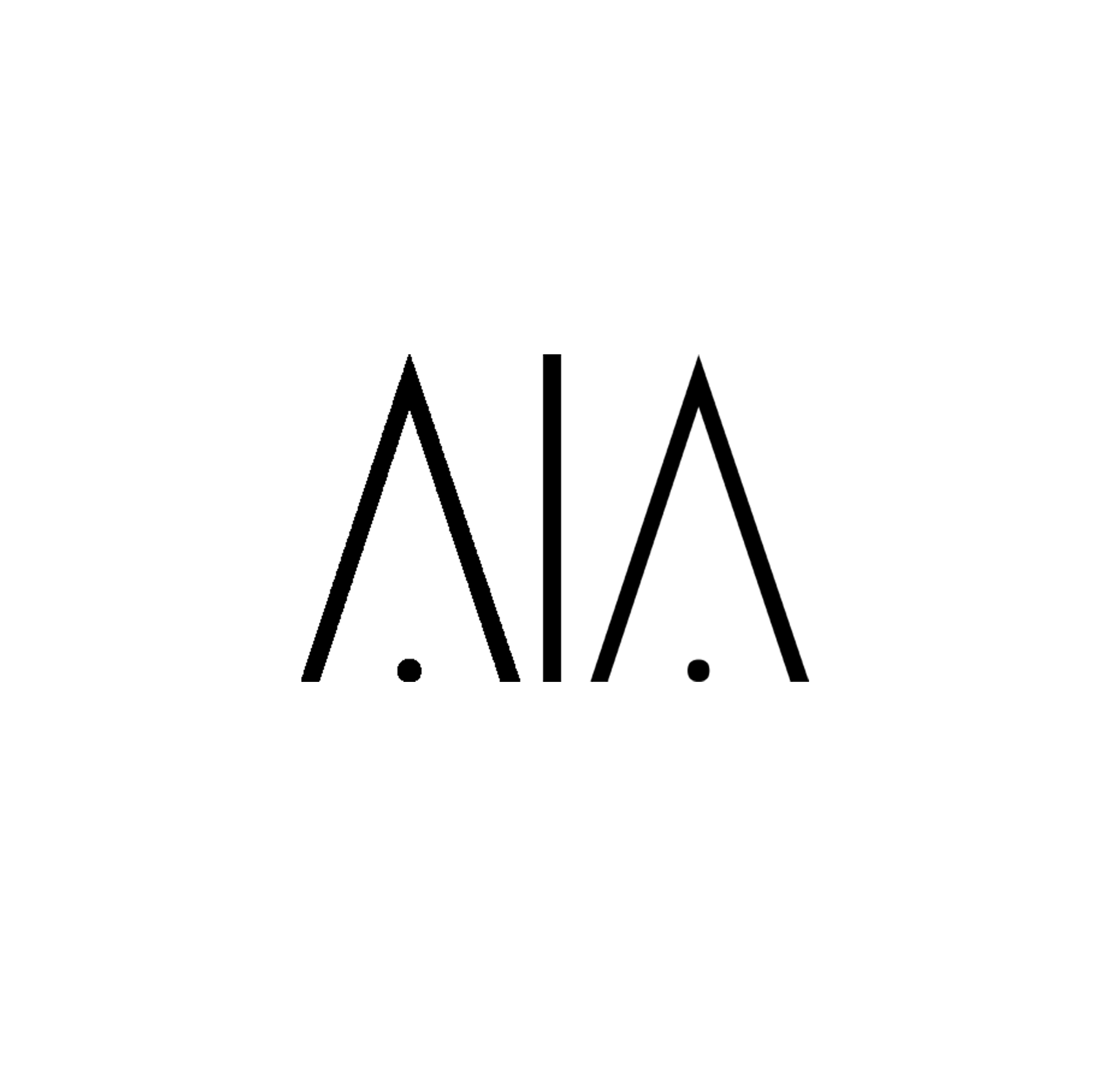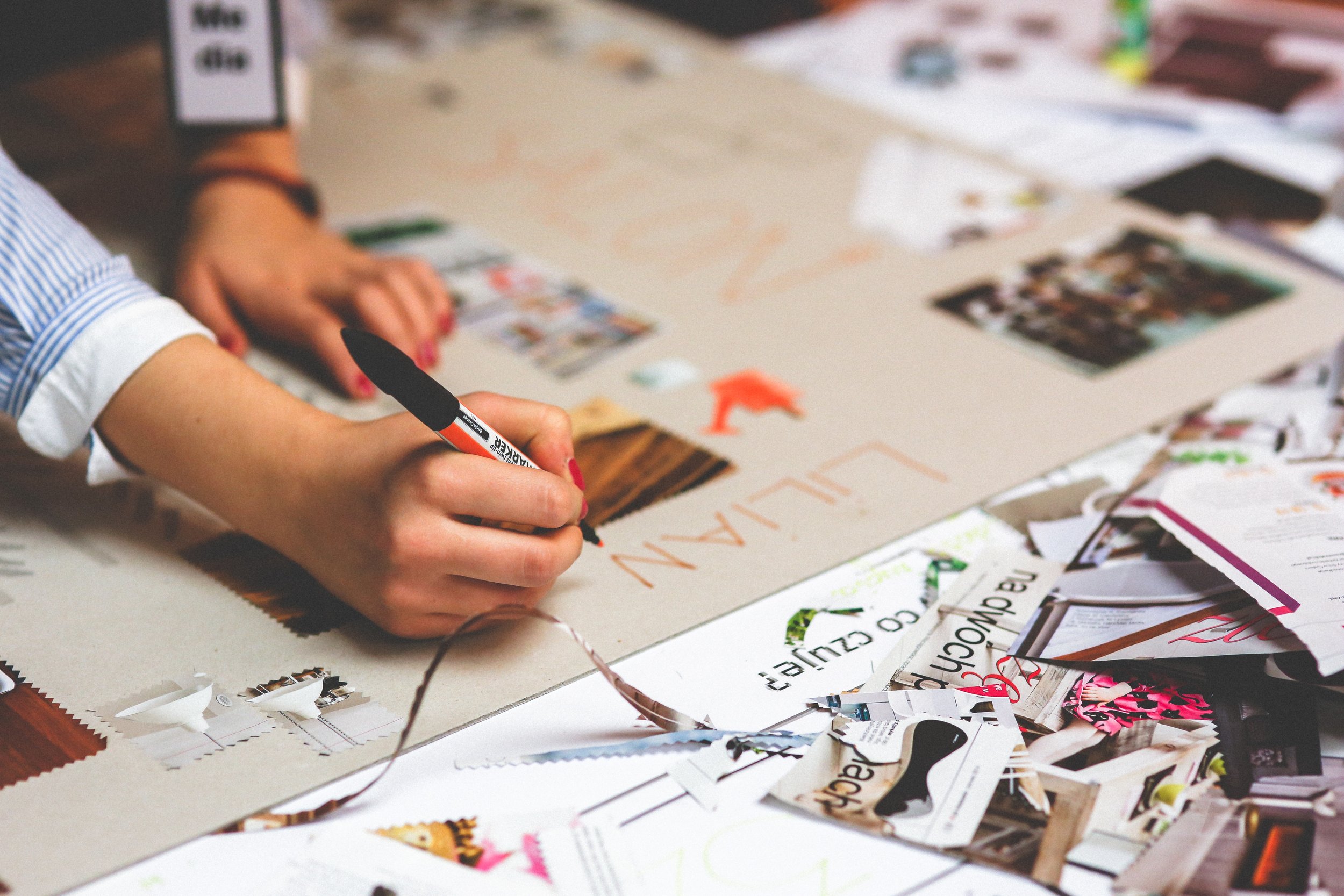Of the City: What's Happening in the Arts?
Of the City are salon style, open forum events where attendees set the agenda.
The first event "Birmingham: What is Happening in the Arts" launched at Impact Hub Birmingham, July 30th and included students, recent graduates, working artists, community organisers, photographers, designers, bloggers and researchers.
We began by asking what the opportunities were in Birmingham, which instantly brought up London comparisons. There was the acknowledgement that although London has more competition, there is generally more work and opportunity to go for. In saying that, the cost of living is an advantage for Birmingham and the city instils a confidence to be freelance. We collectively recognised that confidence to be freelance is one thing, but in order to operates an enterprise that grows and creates jobs presents a different set of challenges and pressures.
Thom speaks about being able to find work to be full-time in the city as a photographer, whereas performance and visual artists wondered if this would ever be possible.
We speak about the expectation of artists needing to produce something constantly to justify the title and maintain visibility, which society then starts to value. Daniel reminds us that "no-one is ever full-time anything. Somebody buys your time for a period and around that, you do other things. You're not always 100% productive in anything, even a 9-5." The idea that professional artists must constantly create perpetuates a false idea about what the world of work is.
The conversation quickly goes on to tackle landlords, gentrification and Digbeth, as we speak about the inception of Impact Hub Birmingham, the host venue of the event. Director Immy discusses the desire to own community assets and the cyclical nature of hope, disappointment and activity.
Vanessa reflects on her concerns about the Commonwealth Games - while they can be considered an opportunity, it raises serious questions about the inclusion and hopes of the existing communities surrounding Perry Bar, Aston and so on. This raises the point that the city isn't usually seen through a sociological sense and that not everyone deems gentrification a problem. It's easy for those unaffected by displacement and poverty to hold that view.
Olly speaks about the arts forums, as the Northfield Arts Forum coordinator and touches on how these feed into the cultural strategy of Birmingham, but argues that the existing paradigm for metrics are off. We question how, as a society, we can understand the opportunity for the arts, when such narrow and rigid metrics for growth and upscaling exist. There are many ways to understand growth, just as there are many fluid ways to understand what being an artist is.
When asked what keeps artists in Birmingham, Rick notes that he is part of an active network of poets. In order to retain this, there should be ongoing events, support and development opportunities, both for independent artists and in a collective capacity. Support should come from existing venues, which includes being paid fairly for work, with a multitude of infrastructure to accommodate this.
The group returns to the premise that the Midlands is constantly overlooked and struggles to remain visible. As a city, we aren't always able to see what is happening. partially because of the saturation and disciplinary silos and partially because records of activity are marginal. In saying this, Vanessa highlights the fact that external promoters, producers and developers are seeing the opportunity in our Birmingham and running with it, particularly in the nightlife economy.
Does the local council block progress? Do Board Directors of our institutions allow their egos to block progress? If this is cyclical, things become stagnated and it feels hopeless to affect change.
Amahra speaks about policy and advocacy organisations, such as the Creative Industries Federation, who represent the sector-wide aspirations. A debate ensues about metrics again - what are the there ways to think about growth besides finance? What about quality of life? What does it mean if there are no quantifiable scales for the arts? What happens if everything is dependent on the strength of your network?
Olly questions if the point is to be calculated in measurements when art is the documentation of chaos in the first place. We need to be able to well-document complex problems, but must acknowledge that this isn't a simple process. What are the principles and models of learning we want to be able to replicate in different spaces and contexts?
In light of venues closing, including The Yardbird and The Drum, how do we prevent history from repeating itself? How do we have a healthy dialogue about gentrification, questionable leadership and unsustainable business models in the arts, when it seems as though "Birmingham is for sale" to whoever has the money?
Do institutions underestimate what it takes to build and maintain a community?
When asked what would make for a healthy city in relation to the arts, the group responded with:
- lots of greenery
- better tourism
- wipe it clean and start again
- a connected city, with better transport that doesn't rely on passing through the city centre
- a good financial balance/council not in debt
- not selling properties for profit
- multiple hubs/a creative community allowed to thrive
- more arts collectives
Of the City continues with DIY Culture & Institutions on August 20th, 6.30pm at Impact Hub Birmingham.

